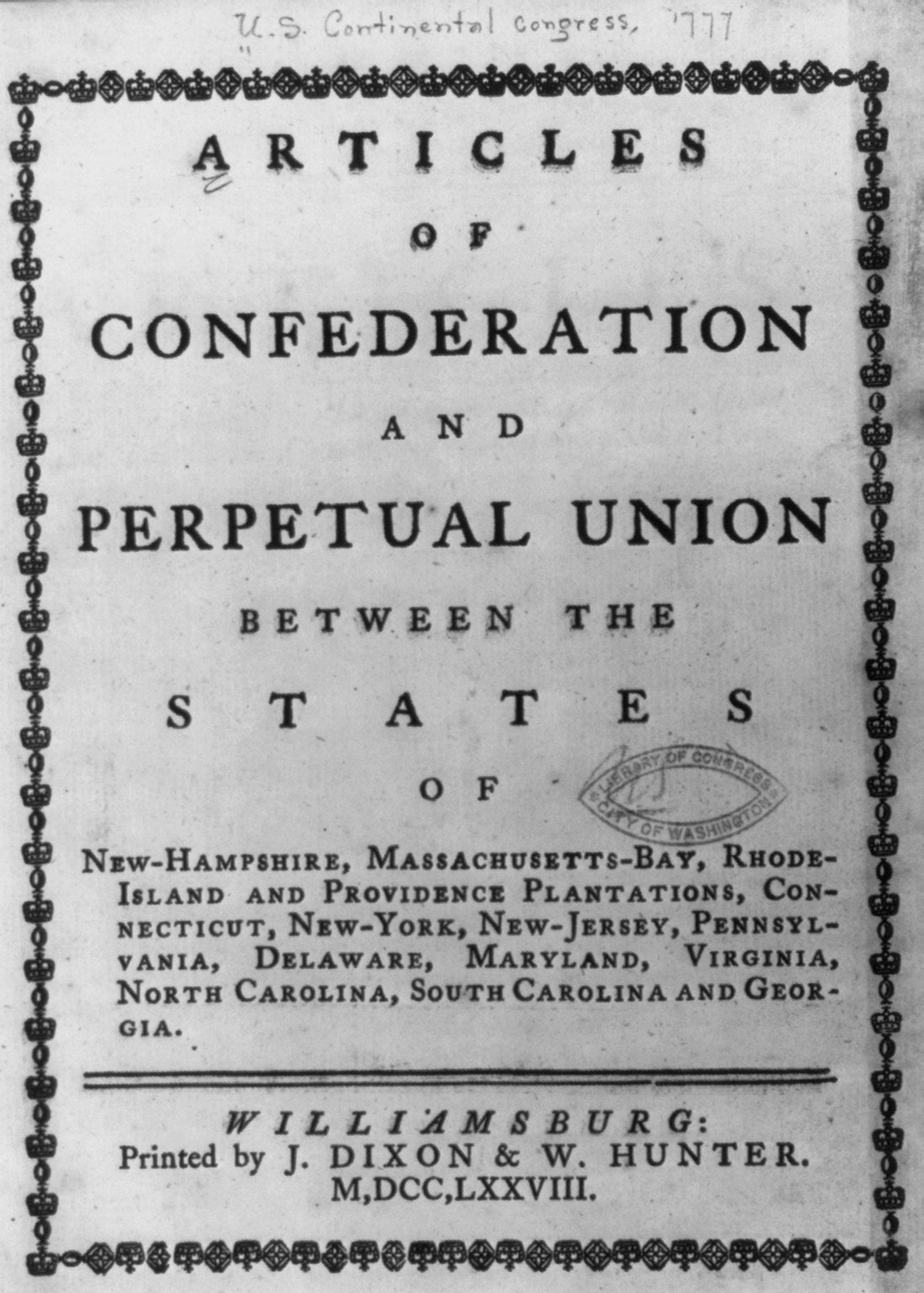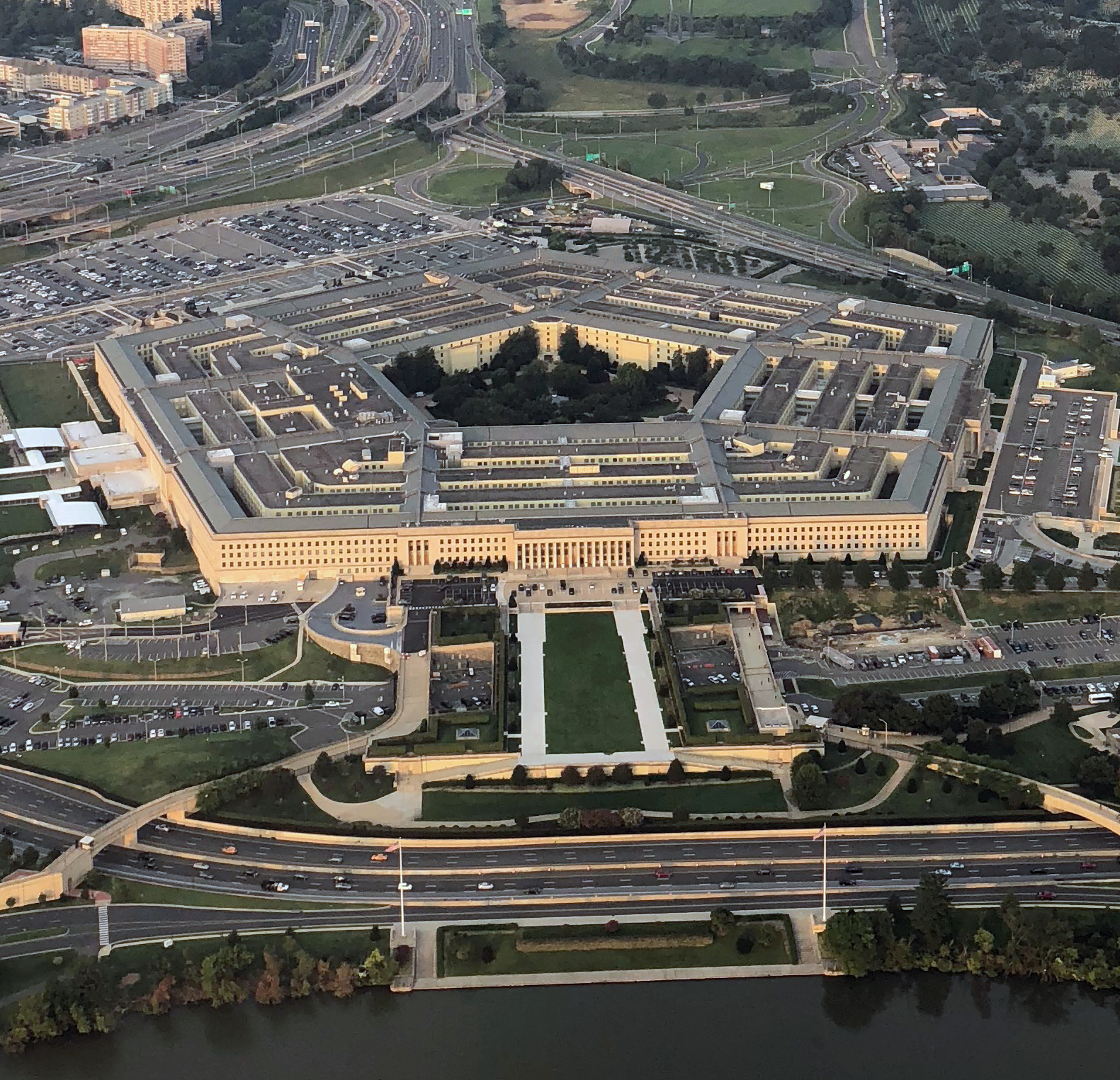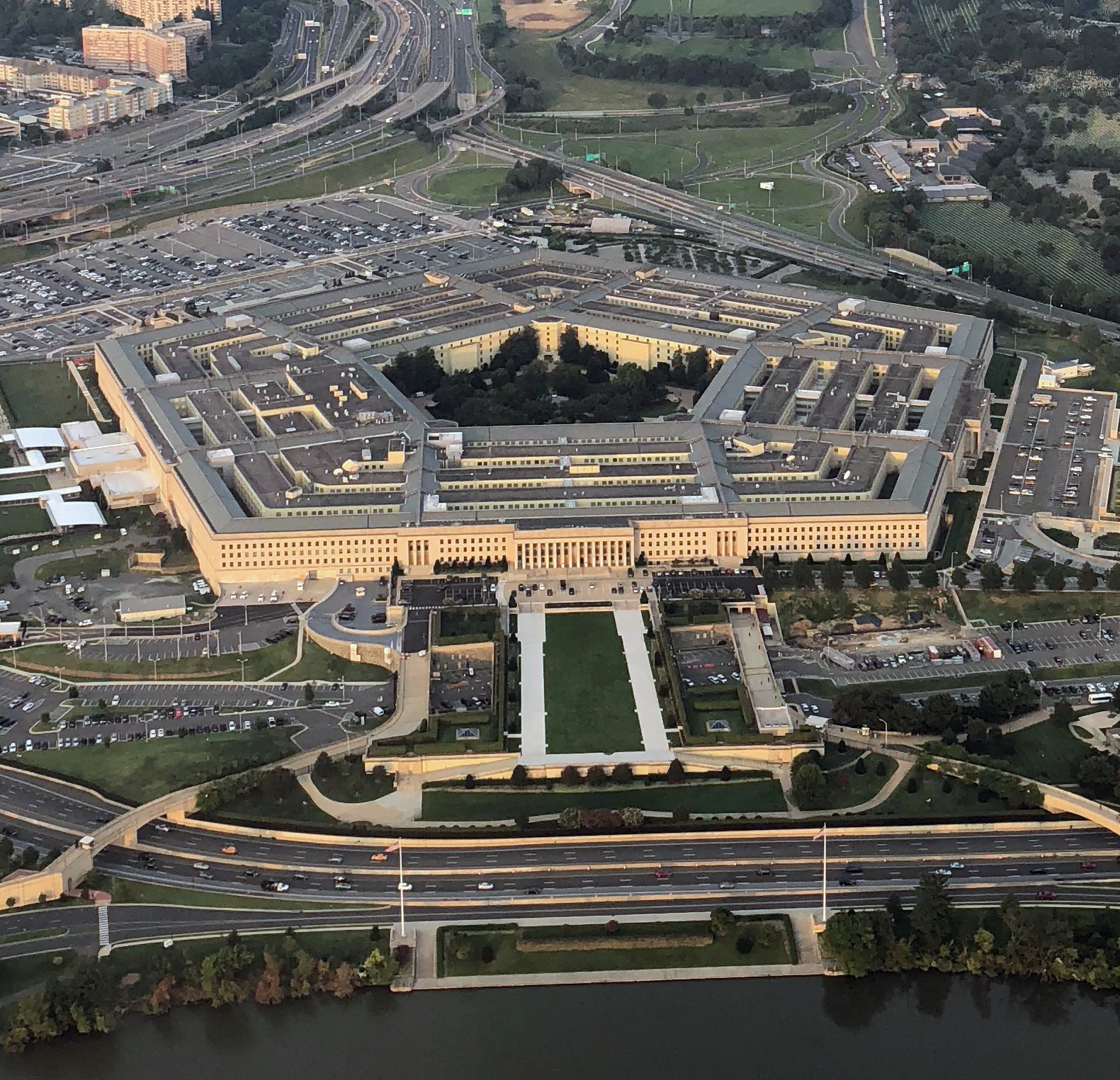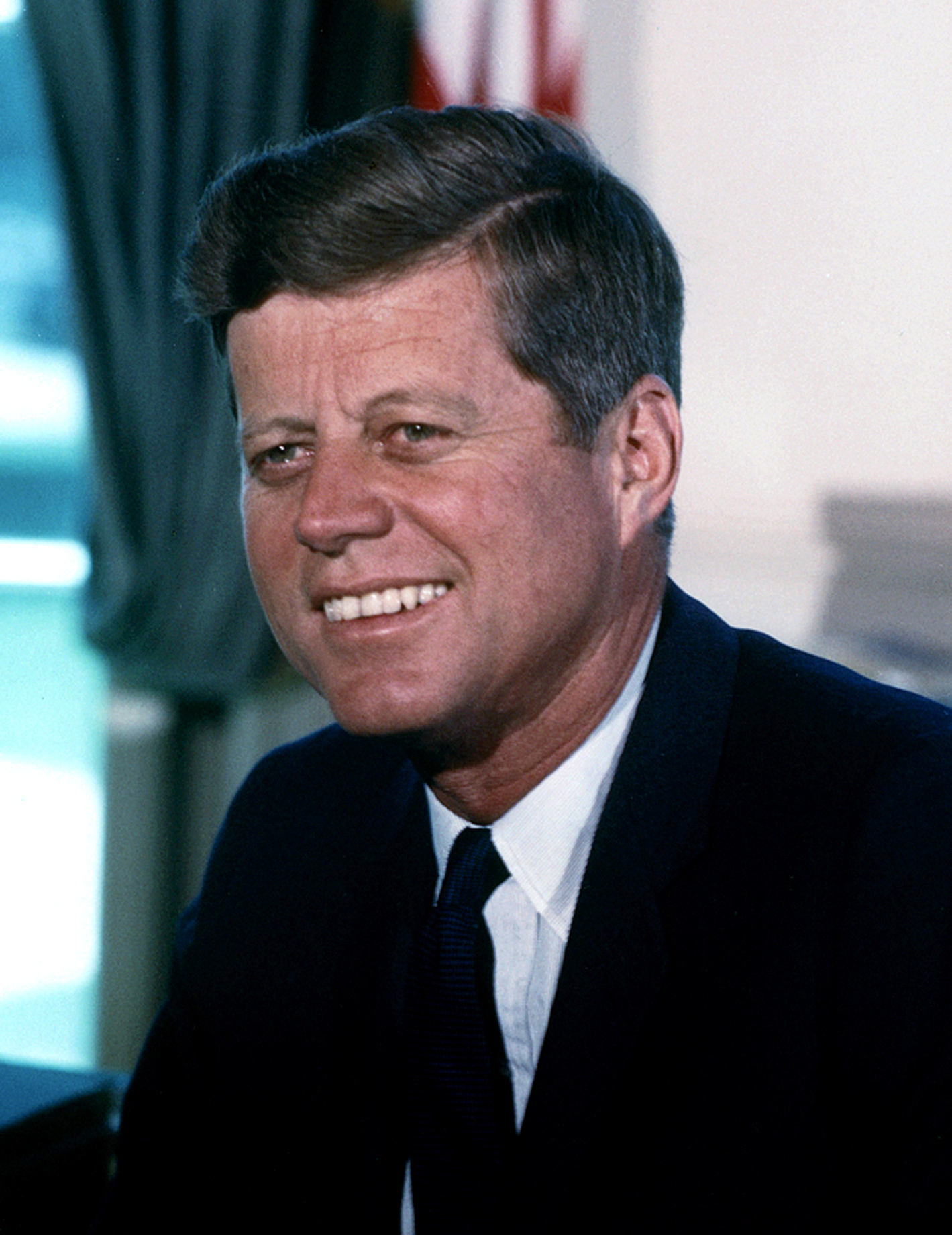There are some important things to note about the Constitution and the Bill of Rights. Our rights do not come from the Constitution or the Bill of Rights. As the Declaration of Independence states, our rights come from nature and God, not from the federal government, not from the Constitution, and not from the Bill of Rights. The purpose of the Constitution was to call into existence a government of limited powers. The purpose of the Bill of Rights is not to protect us from Russia, China, North Korea, communists, terrorists, drug dealers, illegal immigrants, or any foreign regime. The purpose of the Bill of Rights is to protect us from the federal government. There is a good reason for that, one that Americans forget at their peril: The federal government —
Topics:
Jacob G. Hornberger considers the following as important: 6b.) The Future of Freedom Foundation, Featured, Hornberger's Blog, newsletter
This could be interesting, too:
Nachrichten Ticker - www.finanzen.ch writes Die Performance der Kryptowährungen in KW 9: Das hat sich bei Bitcoin, Ether & Co. getan
Nachrichten Ticker - www.finanzen.ch writes Wer verbirgt sich hinter der Ethereum-Technologie?
Martin Hartmann writes Eine Analyse nach den Lehren von Milton Friedman
Marc Chandler writes March 2025 Monthly
There are some important things to note about the Constitution and the Bill of Rights.
Our rights do not come from the Constitution or the Bill of Rights. As the Declaration of Independence states, our rights come from nature and God, not from the federal government, not from the Constitution, and not from the Bill of Rights.
The purpose of the Constitution was to call into existence a government of limited powers.
The purpose of the Bill of Rights is not to protect us from Russia, China, North Korea, communists, terrorists, drug dealers, illegal immigrants, or any foreign regime. The purpose of the Bill of Rights is to protect us from the federal government. There is a good reason for that, one that Americans forget at their peril: The federal government — yes, our very own government — is the biggest threat to our freedom and well-being.
Needless to say, that last point shocks a lot of Americans, especially those who have been educated in America’s public (i.e., government) schools. Their response inevitably is, “Oh, no, Jacob. That just can’t be. The federal government is our provider, our friend, and our protector.”
The notion that the federal government is instead the biggest threat to our freedom and well-being is precisely what drove our ancestors to demand the enactment of the Bill of Rights.
 The original purpose of the Constitutional Convention was to simply come up with modifications to the Articles of Confederation, which was a type of governmental system under which America operated for some ten years after the Declaration. Under the Articles, the federal government’s powers were so weak, by design, that — get this — it didn’t even have the power to tax. Imagine: The federal government operated for around a decade without being able to collect any taxes.
The original purpose of the Constitutional Convention was to simply come up with modifications to the Articles of Confederation, which was a type of governmental system under which America operated for some ten years after the Declaration. Under the Articles, the federal government’s powers were so weak, by design, that — get this — it didn’t even have the power to tax. Imagine: The federal government operated for around a decade without being able to collect any taxes.
At the conclusion of the Constitutional Convention, the delegates did not come up with modifications to the Articles. Instead, they proposed a different governmental system, one called a limited-government republic. Under this form of governmental structure, the president and members of Congress would be democratically elected. However, the powers that they would be able to exercise would be very few. In fact, such powers would be enumerated in the Constitution, which was the document that would call the federal government into existence.
This new government would have more powers than the federal government under the Articles, including the power to tax. However, to protect the nation from this new government, federal officials would only be given the power to levy “indirect” taxes, not direct taxes. Thus, Americans lived without any taxes being levied on their incomes. For more than 100 years, everyone kept everything he earned.
To keep the federal government weak, the Framers instituted a separation of powers. Thus, the federal government was divided into three separate branches — executive, legislative, and judicial — each with its own powers. Our ancestors clearly did not want a government of omnipotent powers.
Our American ancestors were still extremely leery about this new proposal. They were convinced that this new government would immediately become the biggest threat to their freedom and well-being. That’s why they demanded the enactment of the Bill of Rights — not to protect themselves from Russia, China, England, or any other foreign regime but rather to protect themselves, their rights and liberties, and their well-being from their very own federal government.
That’s why they expressly protected such fundamental rights as freedom of speech, freedom of religion, freedom of assembly, and the right to keep and bear arms. They knew that their very own government officials would do their best to destroy them. That’s why they also expressly prohibited their very own government officials from killing them or stealing their property without “due process of law,” a term that stretched all the way back to Magna Carta.
The result was the most unusual society in history. Imagine: No income tax, Social Security, Medicare, welfare, drug laws, immigration controls, public (i.e., government) schooling, fiat (i.e., paper) money, minimum-wage laws, economic regulations, Federal Reserve System, Pentagon, military-industrial complex, CIA, NSA, FBI, foreign military bases, foreign wars, coups, and alliances with foreign regimes.
The result of this unusual society was the most economically prosperous society in history. Notwithstanding the horrific exception of slavery, and other violations of liberty (e.g., women’s rights), it was also the freest society in history, especially with respect to economic liberty. Notwithstanding the Civil War, it was also the most peaceful nation in history, primarily because the federal government had only a relatively small basic army, one that was incapable of embroiling America in the incessant conflicts in Europe and Asia. It was a society with sound money. It was the most educated society in history. It was the most charitable society in history.
As I point out in my new book, An Encounter with Evil: The Abraham Zapruder Story (which I highly recommend buying and reading!), all that changed with the adoption of the welfare-state/national-security-state way of life. Abandoning America’s good founding principles, later generations of Americans came to look on the federal government not as a grave threat to their freedom and well-being but rather as their provider, their friend, and their protector. Americans came to view the federal government as a parent or, even worse, as a god.
The result has been a society in which people are hopelessly dependent on government largess (e.g., Social Security, Medicare, Medicaid, welfare, farm subsidies, education grants, etc.) — a society in which federal spending, debt, and monetary debauchery are bankrupting the nation — a society in which the drug war has brought untold violence and corruption to America and other nations — and a society in which the national-security establishment, as the most powerful fourth branch within the federal government, wields omnipotent, totalitarian-like, non-reviewable powers, such as assassination, kidnapping, indefinite detention, torture, secret prison camps, and mass secret surveillance, not to mention the power and propensity to bring America ever closer to all-out nuclear war.
A big lesson to be learned in all this is that the more powerful the government, the weaker the people. Conversely, the weaker the government, the more powerful the nation.
There is one final thing to note about the Constitution. If it had proposed calling into existence the welfare state/national-security-state type of governmental system under which we live today, there is no possibility whatsoever that our American ancestors would have accepted it. That would have meant that we would very possibly still be living under the Articles of Confederation today, the system under which the federal government’s powers were so few and limited that it didn’t even have the power to tax.
Tags: Featured,Hornberger's Blog,newsletter







